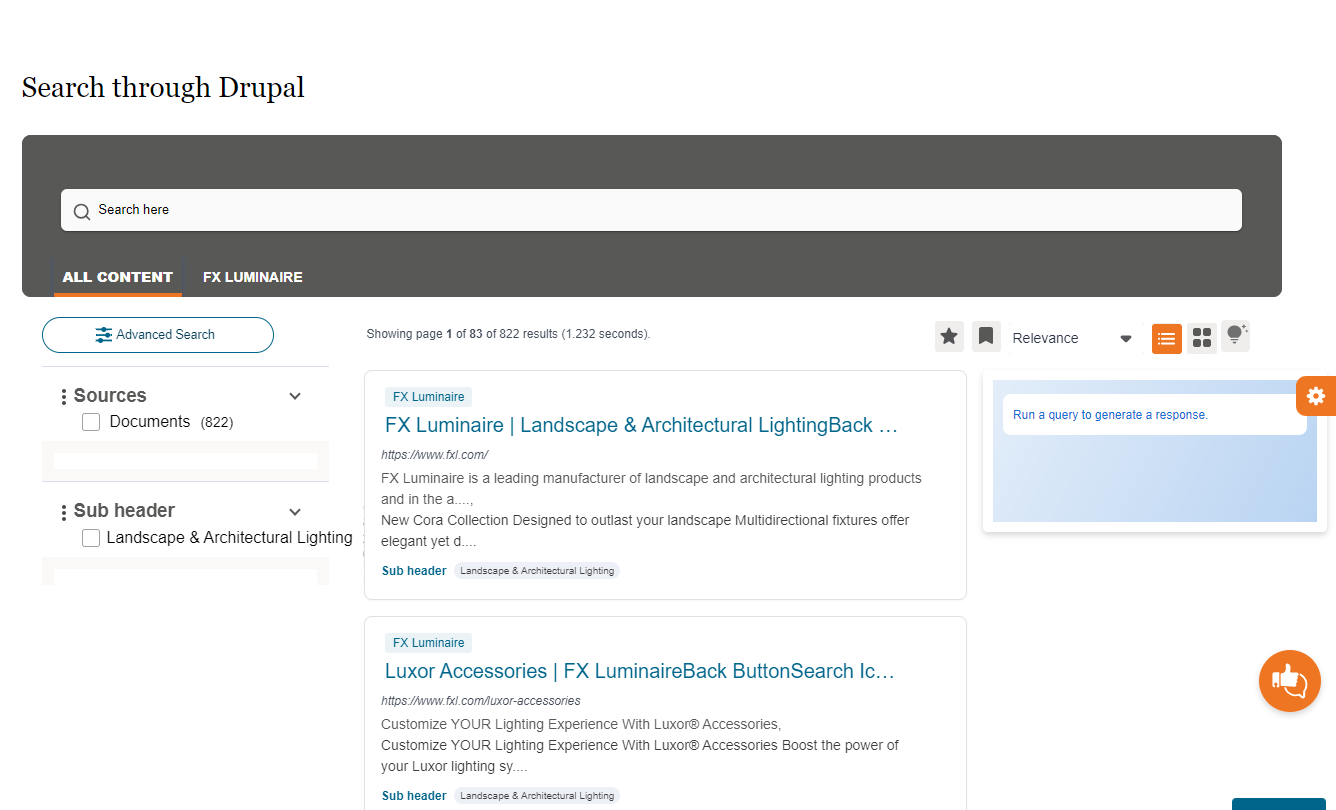
In addition, traffic is segregated and secured across separate network interfaces. Reliability: sites and applications are hosted on a network of servers, meaning that hardware failures or single server failures do not cause any downtime.This creates several advantages over traditional web hosting options. Cloud hosting, unlike web hosting, makes use of a network of cloud servers instead of a single server. Luckily, technology has progressed and there are newer, more flexible, reliable, and secure solutions. Unless you have a maintenance-heavy infrastructure with connected load-balanced backup servers, your single server is a single point of failure. Whether you are a multinational with premises, a dedicated server, or a small NGO on a shared server, if your server goes down, your site will likely go down too. Outside of security and performance issues and the lack of flexibility to easily scale your website’s requirements up or down, is the issue of a single point of failure. With no control over the security protocols of other websites, this introduces a high-risk factor that is almost impossible to mitigate. In addition, any security breaches made via another site on your shared server will affect your site too. As the shared server's total capacity is split equally between the websites, any sudden spike in traffic to another site will negatively affect the performance of your site. This cap on available server resources is particularly problematic with shared web hosting options. For businesses launching new products or running large campaigns that will have a significant but temporary impact on traffic, the flexibility to scale their requirements up and down isn’t there. For any organization, this creates unnecessary amounts of administration and costs around any progress in traffic growth.

This means that high, sudden, or unpredicted traffic increases are impossible to cater to without having to switch plans or configure hardware. The drawback to both of these options is being tied to rigidly set resource limits on everything from bandwidth to drive space. Usually, larger organizations would use dedicated servers, while small to mid-organizations would use the more affordable shared server option. Both dedicated and shared hosting are handled by physical servers with the client buying the bandwidth, CPU, RAM, and drive space needed to cater to their site and its traffic. Traditionally, shared or dedicated web hosting was the main hosting option available to organizations. Hosting is a key aspect of your digital ecosystem that can prove costly if you select an option that can not deliver on your requirements. Whether you are a small, medium, large or high-growth enterprise, you will need flexibility, security, and good uptime percentages to maintain a successful web presence. What Is the Difference Between Web Hosting and Cloud Hosting?

While traditional web hosting has been around for much longer, cloud hosting offers improvements that are worth understanding. Is there multisite support from one dashboard available?Īnother aspect of the requirements phase is choosing between traditional web hosting and cloud hosting.Is there Content Delivery Support entitlement?.Is the billing to pay as you use, or more fixed?.What general compliance processes are in place?.What security policies and procedures are in place?.What level of automated maintenance is provided?.What is the uptime % in the SLA agreement?.Does it provide daily backups and restore options?.Does the hosting solution support Drupal specifically?.A few things to consider upfront are: All Drupal Sites: There are several options for hosting your enterprise Drupal site, so you will need to define your requirements and make the right choice. Ideally, it should be price effective enough for small organizations and provide the ability to easily scale for very large, complex, or fast-growing businesses. Serving as the technology of choice for organizations from government agencies to global humanitarian organizations and large media houses, Drupal provides best-in-class digital experiences and security.Įnterprise hosting is a hosting solution designed for organizations.
Umd dit drupal hosting software#
Choosing the wrong solution can also create a considerable amount of wasted time and expense for your organization.ĭrupal is the open-source CMS software that is supported by a global network of developers. Choosing the best Drupal enterprise hosting solution can reduce costs and effort in the short and long term.
Umd dit drupal hosting upgrade#
For any enterprise looking to build a new Drupal website or even upgrade their existing Drupal solution, hosting is an important consideration.


 0 kommentar(er)
0 kommentar(er)
